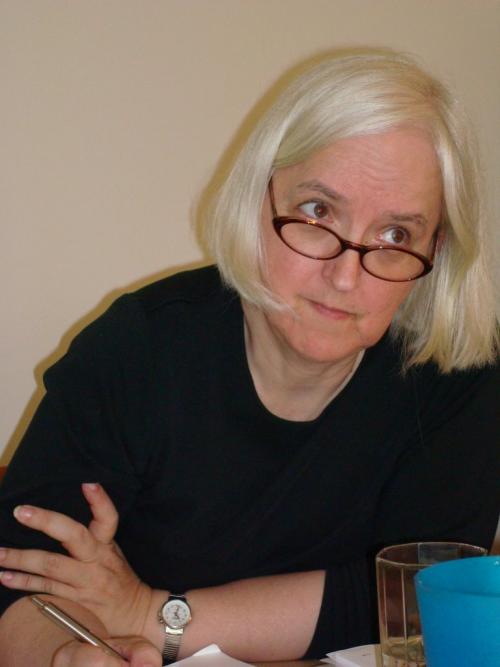Talks On AI (NISO Media Library)
NOTE: NISO's media repository hosts a plethora of content, including topics of interest to the wider information community. Check out what experts have to say on artificial intelligence.
Recent Commentary From NISO Plus 2024
Bulding Openly Scholarly Infrastructure: a journey of collaboration and diplomacy (2024 Miles Conrad Lecture, Ed Pentz, Crossref)
In his Miles Conrad Lecture, Ed Pentz, Executive Director of Crossref emphasized the need for both collaboration as well as diplomacy in working out solutions to our collective issues. Non-profit organizations should build on sound governance and established principles in order to build the trust necessary in developing the sought-after open research environment. Reminding the NISO Plus 2024 audience of the history behind key initiatives (such as PubMed Central, Crossref and ORCID), he describes the on-going cycle of the research nexus. He notes the desirability of an expanded scholarly record, properly reflective of how scientific research is changing. This year’s contribution to the existing roster of Miles Conrad Lectures is entirely worthy of your time and your attention!
States Of Open AI (Opening Keynote, NISO Plus 2024, Thomas Padilla, Archiving and Data Services at the Internet Archive)
Libraries and their partners have experienced various permutations of “open” (e.g., content, infrastructure, technology, standards), strategically leveraged in ways that strengthen and sometimes weaken commitments to promoting a more equitable and just world. True to type, the nature of “open” AI is hotly contested in popular press, academic discourse, between companies advancing products, and in State, Federal, and international regulatory spaces. Assessing various permutations of open AI practice and strategy is a necessary precondition of defining and advocating for a version of open AI that best aligns with core missions. Cohering advocacy efforts in turn provides opportunities to prioritize open AI work streams that libraries are - or could be - well positioned to deliver on in combination with a diverse set of partners. This talk will describe states of open AI as they are, as they could be, and possible roles that libraries and their partners could play in the work that lies ahead.
2034 AI Futures (Closing Keynote Panel, NISO Plus 2024, Karim Boughida, Stony Brook University-SUNY, Sayeed Choudhury, Carnegie Mellon University, Cynthia Hudson Vitale, Association of Research Libraries, and
Christine Stohn, Clarivate Analytics.)
Join us for a forward-facing discussion of AI/ML in scholarly publishing! We've spent the conference examining the issues and possibilities that challenge us in our daily work, and we've assembled a panel to give us a preview of what the next 3, 5, and even 10 years might bring as machine learning systems evolve.
Commentary From Other NISO Events
AI and Machine Learning -- Less Theory, More Practice (Panelists: Andromeda Yelton, Barry Bealer, Access Innovations; Clifford Anderson, Vanderbilt University; Dr. Ruixue Zhao, CAAS, NISO Plus 2022, February 2022)
Artificial Intelligence and Machine Learning systems have been heavily discussed, but what is actually being done using them? These speakers will present a variety of practical applications for AI/ML in the information ecosystem, and then open the floor to discussion about future needs in the AI/ML space.
AI, Metadata Creation, and Historical Bias (Panelists: Dominique Luster, Carnegie Museum of Art; Joris van Rossum, International STM Association; Michelle Urberg, Maverick Publishing Specialists, NISO Plus 2021, February 2021)
Much has been written about the dangers of bias — conscious and unconscious — in the creation of artificial intelligence. Our speakers will share their thoughts on the challenges of metadata creation for and by AI, and how standards and best practices can help address them.
